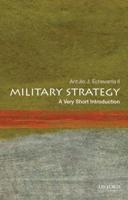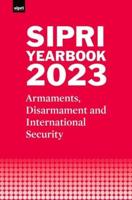Publisher's Synopsis
In the 1990s, NATO began a course of enlargement and transformation to remain relevant in Europe's post-Cold War security environment. As part of its commitment to enlargement, it admitted three new members - Poland, Hungary and the Czech Republic - in 1999 and has plans to admit more countries in the future. NATO's enlargement has profound military implications for the United States and its allies, in terms of future planning and shaping strategies. Its enlargement and its transformation, from an organization for the collective defence of its members to one whose mission includes conflict prevention and conflict management throughout Europe (including beyond its treaty area), have both been driven primarily by political imperatives. This report develops and applies an analytical framework for thinking about the determinants of future NATO enlargement, the specific defence challenges they pose, and shaping policies that might add aid in addressing these challenges.










